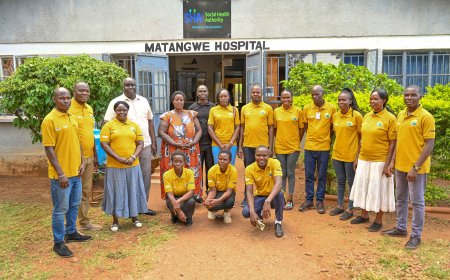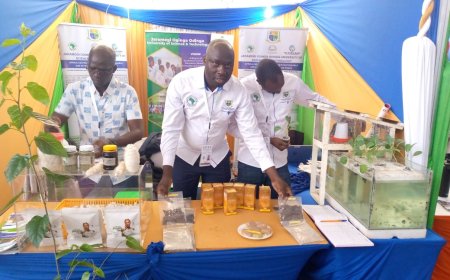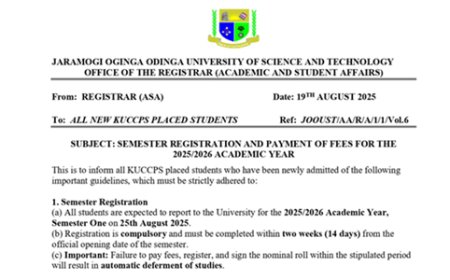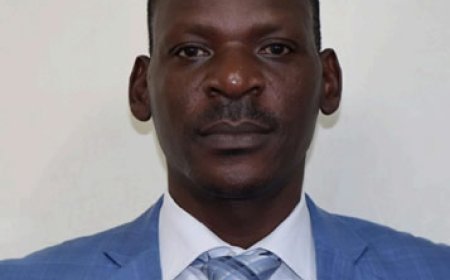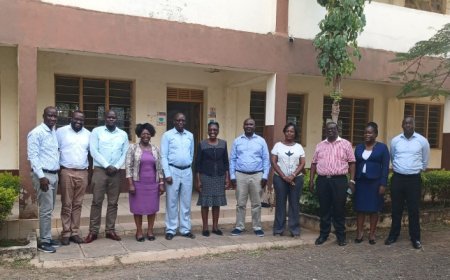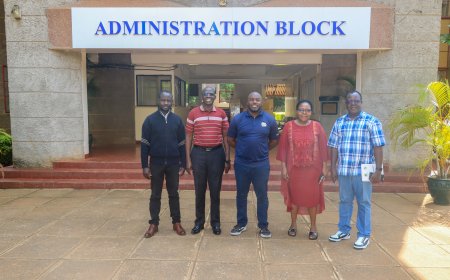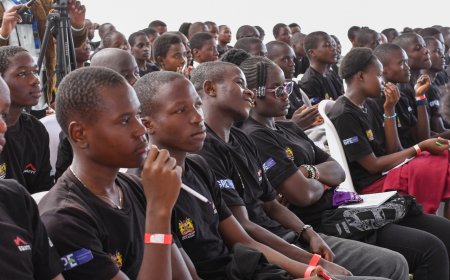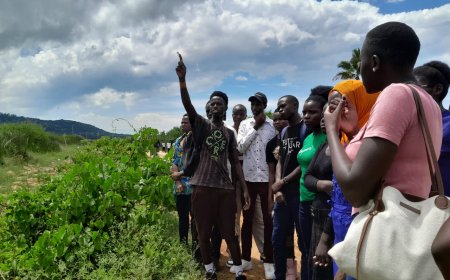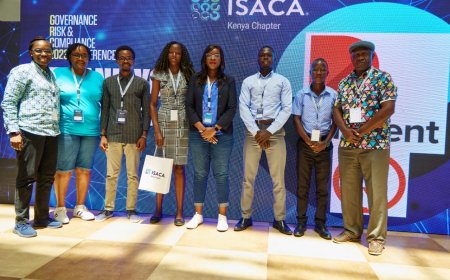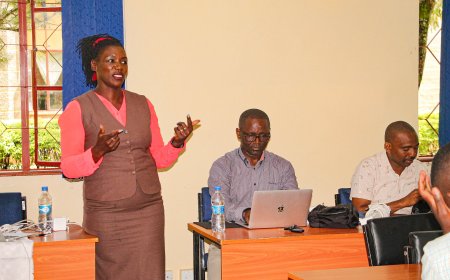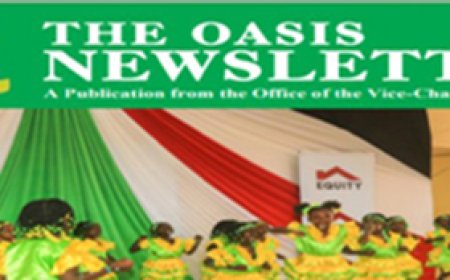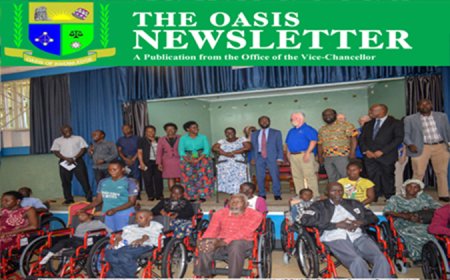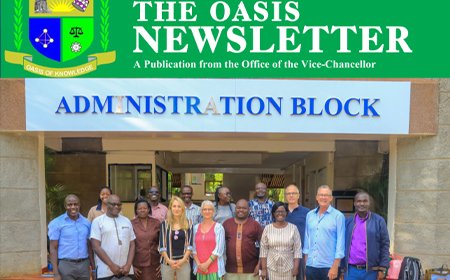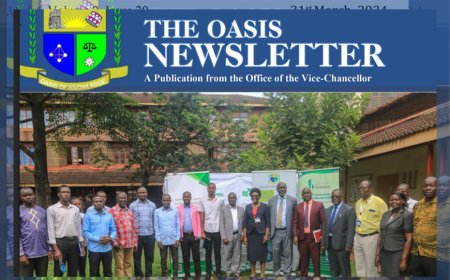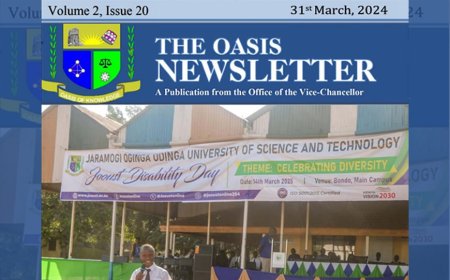Vacancy - Post-Doctoral Research Fellow
SCOPE BACKGROUND
Climate change continues to disrupt lives and livelihoods. Warmer temperatures and altered rainfall patterns are projected to contribute to the expansion of mosquito populations into new habitats and increase in vector borne diseases including malaria, dengue, and chikungunya. The situation in Africa is exacerbated by the recent reports
of the spread of the invasive Anopheles stephensi adapted to urban settings that can thrive together with the less studied Aedes mosquitoes.
To address these challenges, our project aims to study the distribution, ecology, and disease transmission capabilities of both Anopheles and Aedes mosquitoes under changing environmental conditions. Additionally, the project seeks to raise awareness among school children about climate change and mosquito-borne diseases through educational videos.
We are seeking to appoint a post-doctoral research fellow to support the work of the team investigating vector competence of Anopheles and Aedes mosquitoes circulating in Kenya, in the light of climate change. The project is a collaboration between Dr. Shehu Shagari Awandu of Jaramogi Oginga Odinga University of Science and
Technology (JOOUST), Dr. Emilie Pondeville of the University of Glasgow (UG) as well as partners from the Kenya Medical Research Institute (KEMRI).
The work includes extensive mosquitoes sampling of Anopheles and Aedes mosquitoes in both urban and rural settings of Kenya. The work involves mosquito rearing, experimentation, development and implementation of standard operation procedures, maintenance of samples and ensuring the insectary and the laboratory operate
effectively. The role is both field and practical laboratory based, and the post holder will be expected to contribute to successful performance of experiments.
The position will be based in Kenya in the laboratory of Dr. Shehu Awandu (https://profiles.jooust.ac.ke/profile/index/481) as well as KEMRI, Kisumu. In addition, the PDRA will be expected to spend 8 months (all expenses paid including accommodation) in the lab of Dr Emilie Pondeville at the MRC - University of Glasgow Centre for Virus Research (CVR, UK, https://www.gla.ac.uk/research/az/cvr/aboutus/people/researchgroups/pondevillegroup/) to conduct the arboviral vector competence studies for knowledge transfer to Kenya. Candidates must hold a PhD in Biology or related fields and should be well versed in molecular biology, vector biology, virology and vector competence and incrimination.
Previous experience working with insect vectors and/or in malaria endemic countries is advantageous but not essential.
